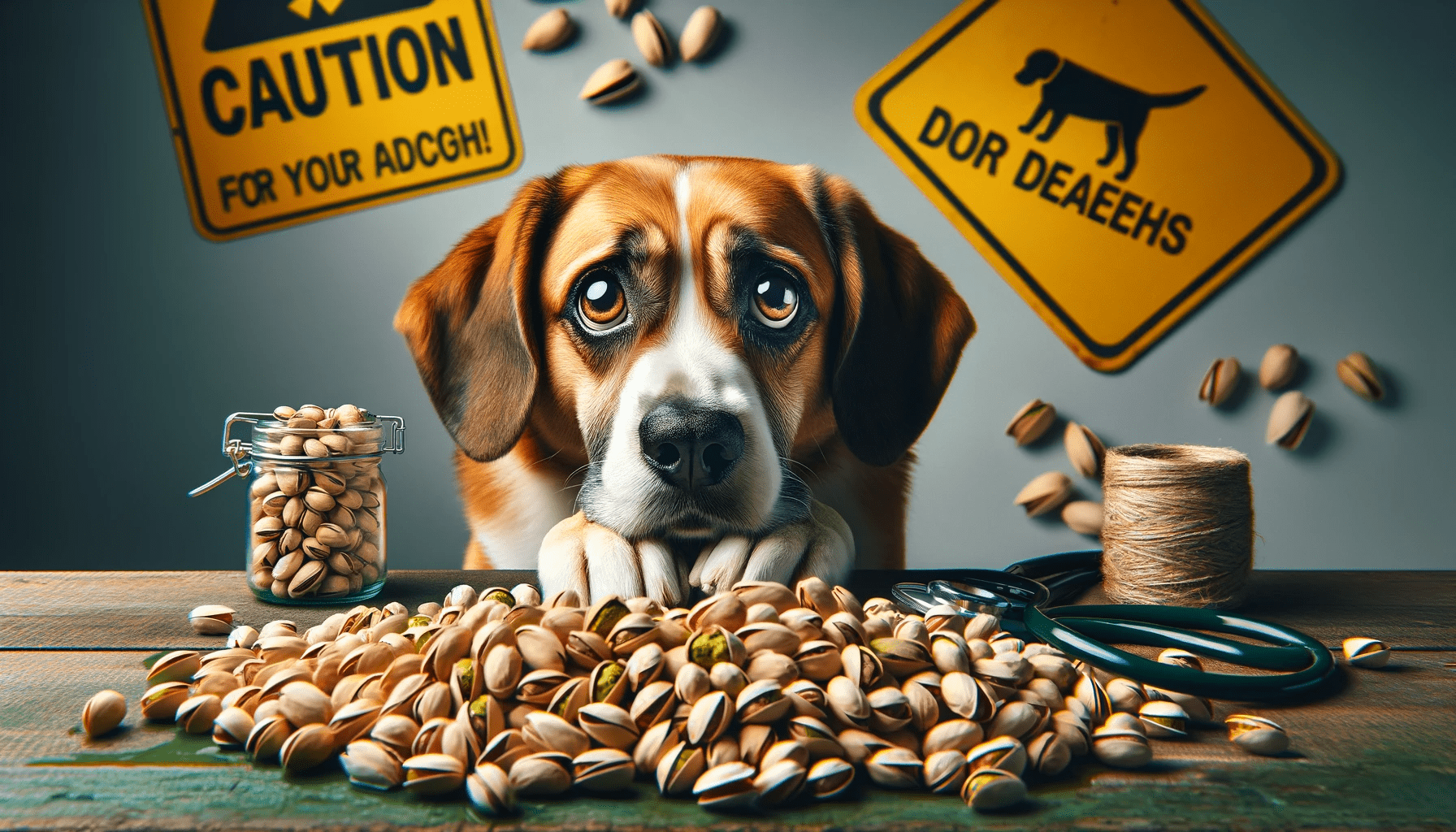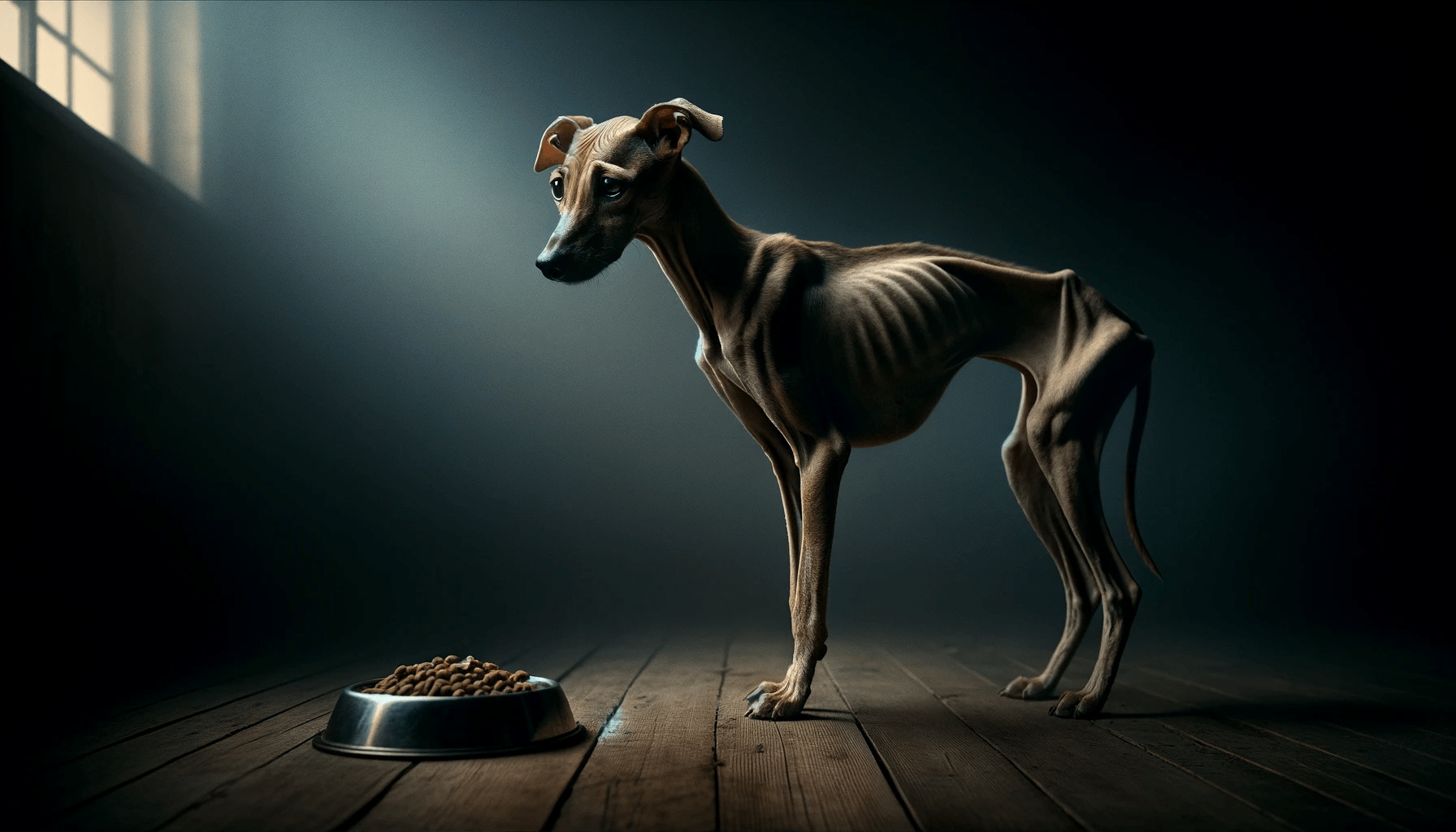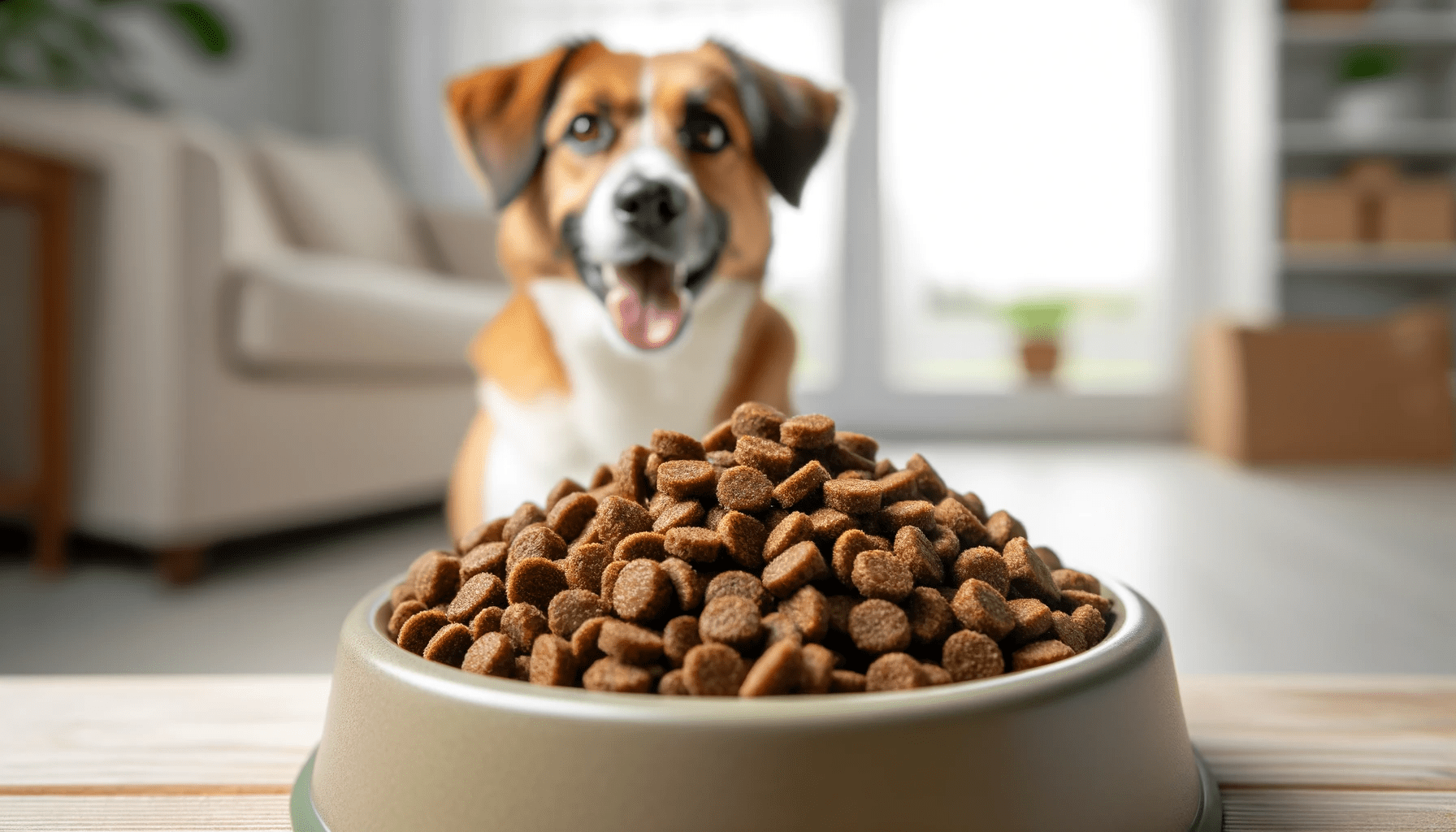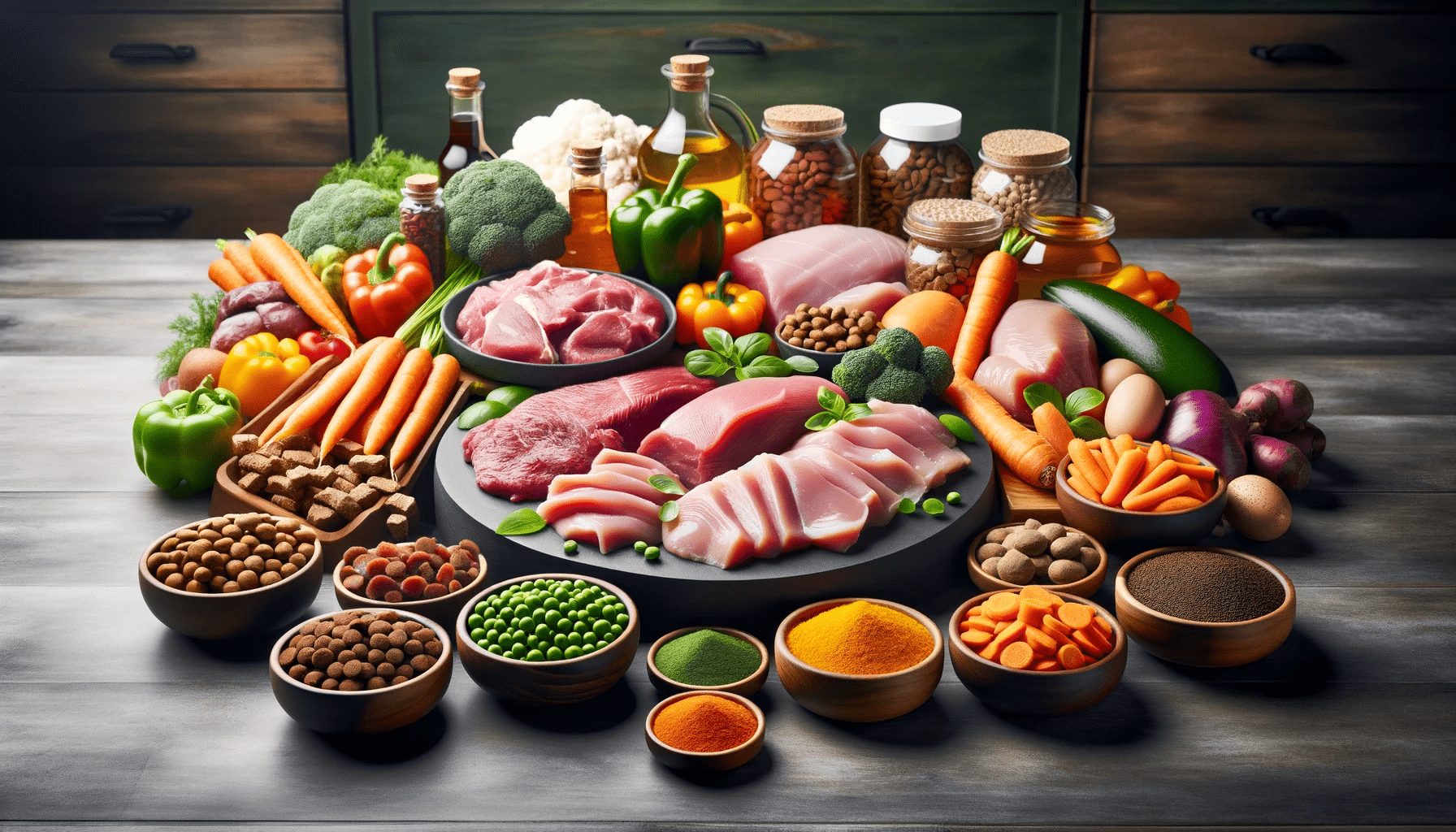Are you aware of the vital role protein plays in your dog's nutrition?
Protein is not just essential for muscle development, but it also provides energy, supports a healthy skin and coat, boosts the immune system, and promotes digestive health.
By understanding the importance of protein, you can ensure that your furry companion receives the nutrients they need for optimal health and well-being.
In this article, we will explore the various benefits of protein in dog nutrition.
Key Takeaways
- Protein is essential for muscle development, repair, and maintenance, as well as supporting joint health in dogs.
- Protein provides sustained energy, helps maintain a healthy weight, and supports metabolism and lean muscle mass, especially in aging dogs.
- Protein is crucial for healthy skin, coat, and joint health, as it promotes collagen production and maintains moisture content.
- Protein plays a vital role in supporting the immune system, aiding in disease prevention, cellular repair, and overall health.
Protein and Muscle Development
To maximize muscle development in your dog, ensuring an adequate intake of protein is essential. Protein plays a crucial role in the growth, repair, and maintenance of muscle tissues. When dogs engage in physical activity, their muscles undergo stress and strain. Protein provides the necessary amino acids that aid in the regeneration and strengthening of these muscles.
Protein is also important for joint health in dogs. Joints are composed of various connective tissues, including cartilage, ligaments, and tendons. These tissues rely on protein for their strength and flexibility. Adequate protein intake can help support the overall health and function of your dog's joints, reducing the risk of joint-related issues such as arthritis.
Additionally, protein can assist in weight management for dogs. High-protein diets have been shown to increase feelings of fullness and satiety in dogs, potentially reducing their overall caloric intake. This can be beneficial for overweight or obese dogs, as it can aid in weight loss or weight maintenance.
It is important to note that the type and quality of protein also matter. Animal-based proteins, such as those from meat, are considered to be of higher quality for dogs, as they contain all the essential amino acids needed for optimal muscle development and overall health.
Protein for Energy and Metabolism
For optimal energy and metabolism in your dog, it's essential to provide an adequate amount of protein in their diet. Protein plays a crucial role in weight management and overall health, especially as dogs age.
Protein is a macronutrient that's made up of amino acids, which are the building blocks of the body. When it comes to energy production, protein is a valuable source. It provides four calories per gram, just like carbohydrates, but it's digested and metabolized differently. Protein takes longer to break down, which means it provides a sustained release of energy throughout the day. This is particularly beneficial for dogs that need to maintain a healthy weight, as it helps to keep them feeling full for longer periods of time.
As dogs age, their metabolism tends to slow down. This can lead to weight gain and a decrease in overall energy levels. By incorporating protein into their diet, you can help support their metabolism and provide the necessary nutrients for healthy weight management. Additionally, protein is essential for maintaining lean muscle mass, which can help aging dogs stay active and mobile.
Protein and Healthy Skin and Coat
Protein's role in your dog's nutrition extends beyond energy and metabolism, as it also plays a crucial role in maintaining a healthy skin and coat. Adequate protein intake is essential for the growth and repair of skin cells, as well as the production of hair and nails. Protein is composed of amino acids, which are the building blocks of these tissues.
When your dog consumes enough protein, it helps to support the health of their skin and coat by promoting collagen production. Collagen is a protein that provides structure and strength to the skin, and it's vital for maintaining the integrity of the coat. In addition, protein plays a key role in maintaining the moisture content of the skin, preventing dryness and flakiness.
Furthermore, protein is also important for joint health in dogs. Cartilage, which cushions and protects the joints, is composed mainly of protein. Adequate protein intake supports the maintenance and repair of cartilage, helping to prevent joint issues and promote overall mobility.
When it comes to weight management, protein is a crucial nutrient. It's more satiating than carbohydrates or fats, meaning that it can help your dog feel fuller for longer. This can be particularly beneficial for dogs on weight management diets, as it can help them maintain a healthy weight by reducing their overall calorie intake.
To ensure that your dog's skin and coat remain healthy, it's important to provide them with a balanced diet that includes high-quality protein sources. Consult with your veterinarian to determine the appropriate amount of protein for your dog based on their age, size, and specific nutritional needs.
Protein and Immune System Support
Boost your dog's immune system with the power of protein. Protein plays a crucial role in supporting the immune system and promoting overall health in dogs. Adequate protein intake is essential for disease prevention and cellular repair.
Protein is composed of amino acids, which are the building blocks of cells and tissues in the body. These amino acids are involved in various immune functions, including the production of antibodies, which help fight off harmful pathogens and protect against infections. Additionally, protein is necessary for the production of immune cells, such as white blood cells, which play a vital role in identifying and destroying foreign invaders.
When your dog consumes protein, it's broken down into amino acids and utilized by the body for cellular repair. This process is crucial for maintaining a healthy immune system, as it allows for the repair and regeneration of damaged cells. A well-functioning immune system is better equipped to defend against diseases and maintain overall health.
To ensure your dog receives adequate protein for immune system support, it's important to provide them with a balanced diet that includes high-quality protein sources. Meat, fish, eggs, and dairy products are excellent sources of protein for dogs. However, it's essential to consult with your veterinarian to determine the appropriate amount of protein for your dog's specific needs.
Protein and Digestive Health
Maintain a healthy digestive system for your dog by incorporating protein-rich foods into their diet. Protein plays a crucial role in promoting digestive health in dogs. Here are some ways in which protein affects your dog's digestive system:
- Improved Digestive Function: Protein is essential for the production of enzymes that aid in breaking down food and absorbing nutrients. Adequate protein intake ensures optimal digestive function, leading to better nutrient absorption and overall digestive health.
- Supports Weight Management: Protein has a higher satiety effect compared to carbohydrates and fats, meaning it helps your dog feel fuller for longer. This can be beneficial for weight management, as it can help prevent overeating and maintain a healthy weight.
- Promotes Gut Health: Certain amino acids found in protein, such as glutamine, can support the integrity of the intestinal lining. This helps to maintain a healthy gut barrier and prevent the entry of harmful substances into the bloodstream.
- Enhances Joint Health: Protein isn't only important for muscle development but also for the health of your dog's joints. Adequate protein intake can support the production of collagen, a key component of cartilage, which cushions and protects the joints.
Frequently Asked Questions
Can a Dog's Protein Intake Be Too High and Have Negative Effects on Their Health?
Yes, a dog's protein intake can be too high and negatively affect their health. Excessive protein intake can strain their kidneys and liver. Dogs with certain medical conditions may require a specific, optimal protein intake.
Are There Any Specific Dog Breeds or Sizes That Require More Protein in Their Diet?
Some dog breeds and sizes require more protein in their diet due to their higher energy needs and muscle mass. It is important to consider the specific protein requirements of your dog breed to ensure optimal nutrition.
What Are Some Signs of Protein Deficiency in Dogs?
Signs of protein deficiency in dogs can include weight loss, muscle wasting, dull coat, and decreased energy levels. Insufficient protein intake can have negative health effects, so it's important to ensure your dog's diet meets their protein needs.
Can Dogs With Allergies or Sensitivities Still Consume Protein-Rich Diets?
Yes, dogs with protein allergies or sensitivities can still consume protein-rich diets. There are alternative protein sources available, such as fish, lamb, or turkey, that can meet their nutritional needs while avoiding allergens.
Are There Any Risks or Side Effects Associated With Feeding Dogs a Plant-Based Protein Diet?
Feeding your dog a plant-based protein diet may come with risks and potential side effects. It is important to consider the nutritional adequacy of such diets to ensure your dog's overall health and well-being.
Conclusion
In conclusion, protein plays a crucial role in various aspects of dog nutrition. It's essential for:
- Muscle development
- Providing energy
- Supporting metabolism
Protein also contributes to:
- Healthy skin and coat
- A strong immune system
Additionally, it aids in maintaining digestive health. Therefore, ensuring a balanced and protein-rich diet is vital for promoting overall well-being and optimal health in dogs.






